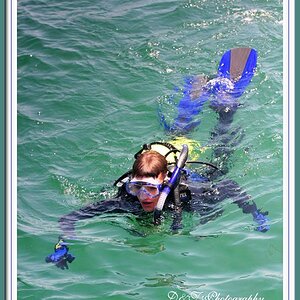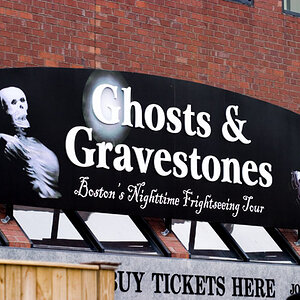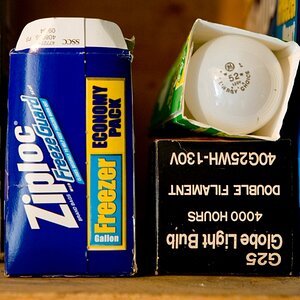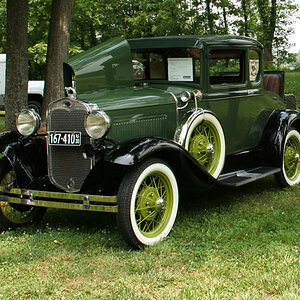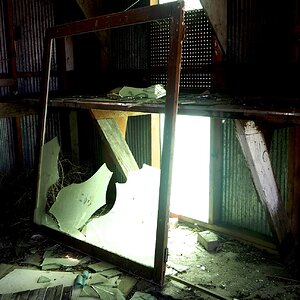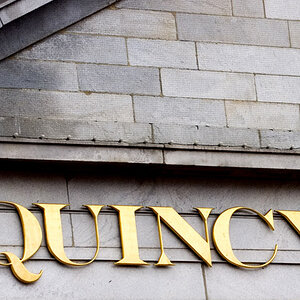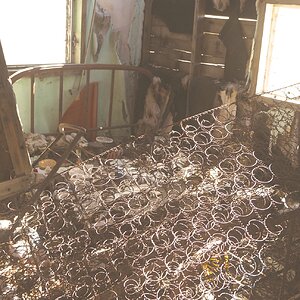Mike_E
No longer a newbie, moving up!
- Joined
- Jan 26, 2007
- Messages
- 5,327
- Reaction score
- 266
- Can others edit my Photos
- Photos OK to edit
So, the natural evolution of my thinking on this line of discussion is "what does this mean for people trying to make money at photography, even as a source of regular auxiliary...when the gear we use, the same gear that used to be a wall to keep most rank amateurs out, becomes more accessible to the average consumer?"
The answer goes back to people skills, excellent customer service, integrity and producing compelling, timeless images that will look great a whole helluva lot longer than whatever crap Instagram vomits up this week or next.
Just my $0.02, sorry that it's slightly off topic...
The wall is still there, but it is getting shorter. Some of the stones have eroded such as medium format gear being the lowest quality you could go for commercial, fashion work and the like. The very best small format (I guess crop sensor 35mms would be tiny format) comes close in overall quality to medium format now; the biggest difference that I see is in the lenses, the MF ones being of a longer focal length to have the same FoV give more compression which gives a different look. Pretty esoteric to most people but noticeable even so. However, as fewer and fewer people demand the "Look" of MF because of the crippling of the print industry in magazines and the like the supply of MF gear erodes along with the demand.
The price of just about everything in photography has fallen. Yes you can still pay $10K for a set of lights but you can also get a set for under a grand that will do as well when coupled with a digital camera and the post processing available today.
Sets are still up there for studios but you can use digital backgrounds if you are on the lower end of the pro spectrum.
What builds up the wall these days is the attention to detail to the work. Moms/dads/guys/gals with a camera will buy the gear but they still don't put in the work needed to get the quality from that gear. They knock the socks off of the low budget studios it's true but the guys that put out the really good work and are the best marketers aren't suffering all that much.
So as always the more things change, the more they stay the same.


